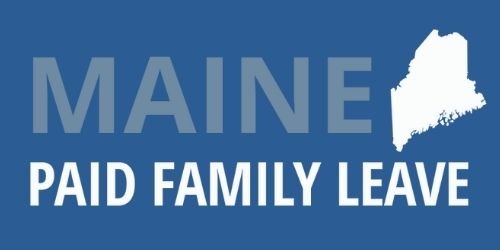Kate’s Story
This is a picture of my father and me on his last birthday. It was taken the same day I signed him up for hospice care. I'm a clinical social worker and did my internship at hospice. When it was time for my father to get that kind of care and support at the end of his life, I drove down to his farm in Maryland and helped get things arranged.
Both he and his wife were in their 80's and were flatly overwhelmed by the med schedules and care routines they were trying to keep up with, as his body wound down. I drove back home and kept working, taking calls from doctors between clients. Being a fee-for-service clinician, if I had not been in the office seeing clients, I would not have been paid.
Eventually, because my family had the means, I had a choice I could make. I informed my clients that I was taking a short leave and went down to live near my father to help with his end of life care and the closing up of his estate. It is difficult to believably characterize the amount of work that had to be accomplished daily. Between my sister, step-mother and me we gave around the clock care while doing so much more.
I worried about my father's wife as she grew truly exhausted and overwhelmed by lack of regular sleep. It was such a taxing and stressful reality, I ended up in the Maryland ER with heart issues, myself, at age 50. However, in the end, we were able to be there with him the night he took his last breaths. We wept and comforted one another. What if I had been 500 miles away just so I could be at work?
After my father's death came funeral arrangements, caring for his grieving widow, settling his estate and getting his family farm on the market for sale. We cleaned out a packed old farmhouse and barn--complete with equipment sales, donations, moving trucks and dumpsters. We moved fast and worked hard, and still this takes time to execute. This kind of experience is akin to the birth of a child, a profound shift in a family's dynamic. Caregiving cannot be underestimated when we consider our purpose on earth and our commitments to the people in our lives to whom we are committed. Buying care would have been more expensive and less appropriate for my father. The clinical work I would have done, while distracted by family worries, would not have been especially good work. And my father, a war veteran, would have had a far less dignified death. What kind of country would keep its citizens from this important real work of life?
I am deeply saddened to think about the hideous choices people are forced to make when faced with work vs. life/death of a loved one. I am sad because I see how having to make such choices breaks people and families down, prevents healthy attachments, sets us up for mental health issues and creates more illness in the long run. No wonder we are such a sick, lonely and rather unhappy nation. We are a caring and creative species. We can create a healthier community with more loving care.
These major life events happen to us all, eventually. It is time for a policy change to bring our country into the 21st century--a time when women work and are often the sole breadwinners in a family. How can we be one of two countries on the planet that can't figure this out? If there's money enough for space exploration, then we surely can take care of the people here on earth. We are not machines. Give us humans a chance to care for our bodies and the bodies of our loved ones, when needed. When we return to work we will have less stress, more ability to focus on our work and better outcomes from health to happiness. We can do it, all we need is the political will to do it. Let's go for it!
Have a story to tell? Visit our paid leave story form and join the conversation!

